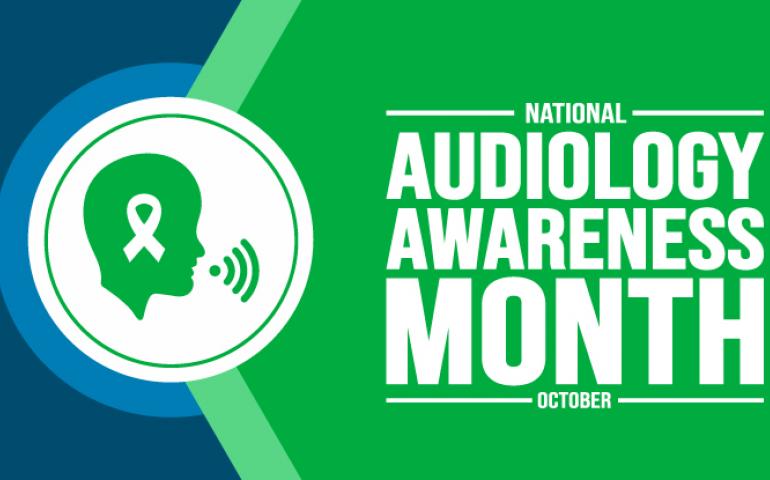The Connection Between Hearing Loss and Menopause
Menopause is a natural phase in a woman's life that brings about various hormonal changes. Hot flashes, mood swings, and sleep disturbances are often associated with menopause. But recent studies suggest that hearing loss may also occur due to this transition. In this blog, we explore the connection between menopause and hearing loss. We also discuss preventive ways to maintain your hearing during this stage of life.
Hormonal Changes and Their Impact on Hearing
During menopause, there is a decline in the production of estrogen and progesterone. These two are important hormones that play a role in various functions in your body. Research suggests that these hormonal changes may have an influence on hearing health. Estrogen has a beneficial effect on blood vessels. This includes those in the cochlea, the part of the inner ear responsible for hearing. Reduced estrogen during menopause can lead to changes in blood flow to the cochlea. This can affect how well it works.
Estrogen also has a protective effect on the delicate hair cells in the inner ear. These cells are crucial for converting sound vibrations into sound. Low estrogen levels may increase the risk of damage, leading to hearing loss. Hormonal changes during menopause can also lead to inflammation and oxidative stress. These factors can lead to a higher risk of developing hearing loss.
Preventive Measures for Maintaining Hearing Health During Menopause
Hormonal changes during menopause can increase the risk of hearing loss. But there are steps you can take to preserve your hearing health.
- Regular hearing assessments. Schedule regular hearing exams with a qualified audiologist. This is especially useful if you notice any changes in your hearing. Early detection of hearing loss can help before it starts affecting other areas of your life.
- Protect your ears. Limit your exposure to loud noises. Use ear protection, such as earplugs or earmuffs, when engaging with high noise levels. This includes attending concerts, using power tools, or being in noisy environments.
- Maintain a healthy lifestyle. Adopting a healthy lifestyle can contribute to your well-being, including your hearing health. Enjoy a balanced diet rich in nutrients, exercise often, and manage stress.
- Consider hormone therapy. Hormone replacement therapy (HRT) is an option for managing menopause symptoms. This can help with hormonal imbalances during this time. Discuss the benefits and risks of HRT with your healthcare provider. It may have implications for both menopause symptoms and hearing health.
- Stay informed. Stay up to date with the latest research in menopause and hearing health. This knowledge can empower you to make informed decisions about your health. You can also use it to seek appropriate support and resources.
Contact Us
Menopause brings hormonal changes that can impact a woman's health, including their hearing. The decline in estrogen and progesterone during menopause may contribute to hearing loss. This decline brings decreased blood flow, cellular damage, inflammation, and oxidative stress. By taking preventive steps, you can maintain your hearing during this stage of life.
Remember, your hearing health is a valuable asset that deserves attention and care. If you're going through menopause and notice changes to your hearing, contact us. By prioritizing your hearing, you can enjoy the sounds of life and stay connected to the world around you.






